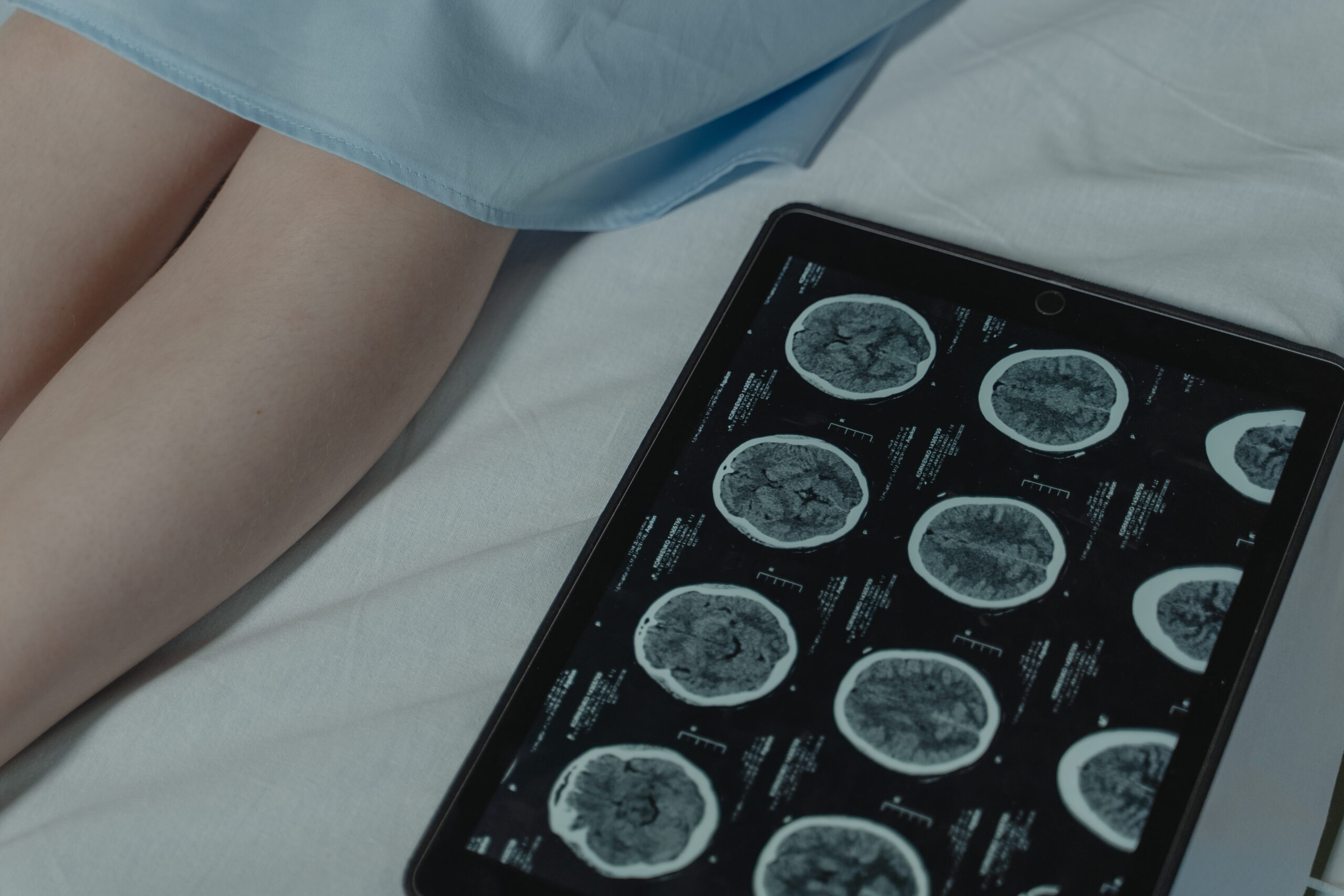What is the role of a thyroid scan in diagnosing thyroid cancer?
Title: Understanding the Role of a Thyroid Scan in Diagnosing Thyroid Cancer
Introduction:
Diagnosing thyroid cancer can be a challenging process, as symptoms are often non-specific and can mimic other conditions. However, medical advancements have introduced a valuable tool known as a thyroid scan. In this blog, we will explore the role of a thyroid scan in diagnosing thyroid cancer and its significance in providing accurate and timely diagnosis.
What is a Thyroid Scan?
A thyroid scan is a specialized imaging technique used to evaluate the structure and function of the thyroid gland. It involves the use of a small amount of radioactive material, known as a radiotracer, which is injected into a vein in the arm or taken orally. The radiotracer then travels to the thyroid gland, allowing the scanning equipment to capture detailed images of the gland’s size, shape, and function.
Role of a Thyroid Scan in Diagnosing Thyroid Cancer:
1. Evaluating Nodules:Thyroid nodules, or abnormal growths within the thyroid gland, are common and usually benign. However, they can also be an indication of thyroid cancer. A thyroid scan helps determine whether a nodule is overactive (hot) or underactive (cold), which aids in distinguishing between benign and malignant nodules. Hot nodules are typically non-cancerous, while cold nodules may require further investigation.
2. Detecting Cancer Spread:If thyroid cancer is suspected, a thyroid scan can also identify whether the malignancy has spread beyond the thyroid gland. By capturing images of the thyroid area, the scan can determine if any abnormal activity is present in the surrounding lymph nodes or other nearby structures. This information is crucial in staging the cancer and planning further treatment.
3. Monitoring Treatment Response:After an initial diagnosis of thyroid cancer, treatment typically involves surgery to remove the cancerous tissue or the entire thyroid gland. In certain cases, additional treatment, like radioactive iodine therapy, may be required. A thyroid scan can be used after treatment to assess the effectiveness of surgery or other interventions. By comparing images taken before and after treatment, doctors can determine whether there is any residual cancer or recurrence.
Benefits of a Thyroid Scan:Apart from aiding in the diagnosis of thyroid cancer, a thyroid scan offers several advantages:
1. Non-invasive: A thyroid scan is a non-invasive procedure, meaning it does not require any incisions or invasive methods. It is generally considered safe, with minimal discomfort to the patient.
2. Quick Procedure: The actual scan itself is relatively quick, usually lasting around 30 minutes. Patients can resume their regular activities immediately after the procedure.
3. Precise and Accurate: Thyroid scans provide detailed images, allowing healthcare professionals to accurately assess the structure and function of the thyroid gland. This helps in determining the nature of nodules and formulating appropriate treatment plans.
Conclusion:
Thyroid cancer can be a serious condition, but with the aid of advanced medical imaging techniques like the thyroid scan, accurate and timely diagnosis is possible. By evaluating the size, shape, and function of the thyroid gland, as well as detecting any spread of cancer, a thyroid scan plays a significant role in the diagnosis and management of thyroid cancer. If you have concerns about your thyroid health, it is essential to consult with a qualified healthcare professional who can guide you through the diagnostic process and provide appropriate treatment options.



